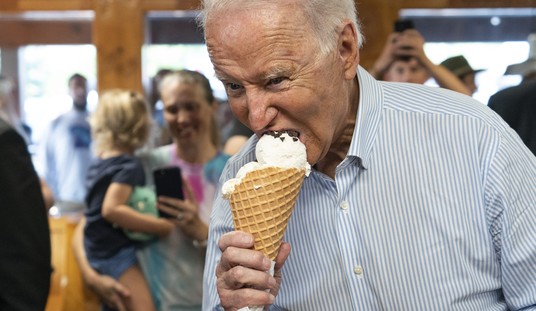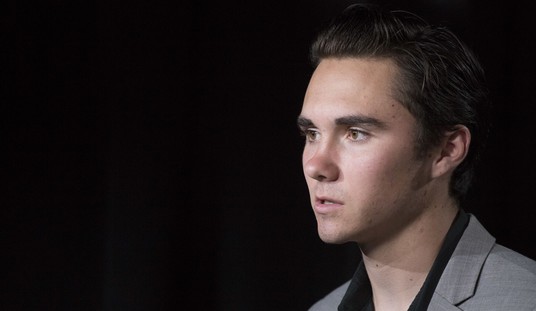David Cameron and the Tories went down to a close but crushing defeat in the United Kingdom last night. Ed Milliband was able to cobble together a coalition with the Scottish National Party and other left wing parties to cross the threshold for the slimmest of all majorities.
At least that is what polling predicted even days before the election when even Conservative pollsters expected that, at best, the Tories could only hope for a minority coalition barely able to cling to power. In reality, as we wake up today in the U.S., David Cameron has already gone to Buckingham Palace and secured his place as Prime Minister of an outright Conservative majority in Parliament. That was something no one expected and no poll, including more accurate exit polls, suggested.
A similar polling problem played out in Israel where Benjamin Netanyahu suffered a crushing defeat at the hands of Barack Obama’s consultants until he didn’t. It’s worth noting that the UK’s Labor Party used David Axelrod.
This follows Kansas Governor Sam Brownback losing in 2014 in the polling only going on to win. Likewise, a number of races that were supposedly close in 2014 turned out to be blowouts. This follows repeated surveys showing a majority of various states’ voters supporting gay marriage, or only barely opposing it, only to have it do very badly repeatedly at the ballot box until tied in some liberal states to President Obama’s re-election in 2012. This follows the Romney victory in 2012 in his polling, but not at the ballot box.
In short, pollsters have a problem. The problem gets compounded with issues. About the only issue that has consistently led in polls no matter how the question was asked was do voters hate Obamacare. They do — consistently in virtually any poll no matter how the question is asked. The media still ignores that one.
But with that exception, we have seen issue polling fluctuate based on how the question is asked. We have seen popularity polls fluctuate based on how many candidates are in the race, we’ve seen primary polling go haywire, we’ve seen candidates lose the week before elections only to win the actual election
Pollsters in the twenty-first century are off their game for a host of reasons — some because of their own biases, some because of their formulas, and some because as Americans sense a loss of privacy they are less likely to engage with pollsters.
Through it all though one thing remains the same — the media has decided it would rather run stories based on polling than run stories based on deeper analysis of what is going on. The media, which has become increasingly insular in its own echo chamber of a circle of jerks, uses polling to tell it what people are thinking because the media no longer has any idea. The media has used polling to affirm its own biases instead of actually having to report in ways that suggest their biases are wrong.
After all, no one they know voted for Richard Nixon, Ronald Reagan, or George Bush.













Join the conversation as a VIP Member